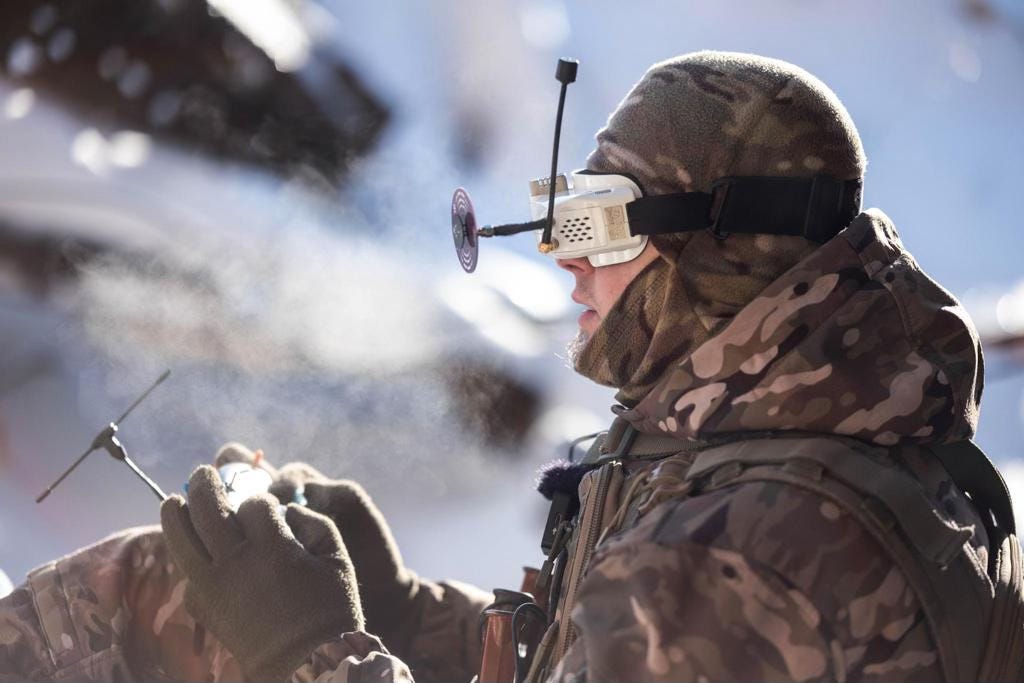Mobilising Intellectual Capacity to Win the War in Ukraine
Part 1: Mobilising new ideas about war is as important as mobilising people and industry
The Russo-Ukraine War has bogged down because both sides are fighting a 21st century war with 20th century ideas. Most attention at present is focussed on generating more munitions and more people. That is reasonable and necessary. But even if both sides mobilise more people and industry, the trajectory of the war will not change significantly unless Ukraine and its supporters also mobilise new warfighting ideas.
The two wars currently raging in Ukraine and in the Middle East provide many insights into modern warfighting. These range from employing modern technologies to improve battlefield performance through to the strategic and political lessons of how nations prepare for, deter, wage and win wars. In some respects, the current wars are analogous to the lessons for modern war provided by the 1973 Yom Kippur War and the 1991 Gulf War. New technologies, new tactics and new training doctrines all emerged from the studies of these wars undertaken by institutions such as the U.S. Army, the People’s Liberation Army and others.
The key difference between these historical examples of ‘modern war’ and the current era is that the Russo-Ukraine War and the Middle East War are larger in scale, longer in duration, and probably greater in geopolitical importance.
A variety of publications have proposed lessons from Ukraine and the Middle East. Two of the meta-themes, which emerged as the wars dragged beyond the initial weeks of conflict, are the mobilization of people and the mobilization of industry. The post-9/11 wars waged by America and its allies required neither of these national undertakings. Now however, it is likely that the wars that America and its allies must prepare for in the 21stcentury will demand a significantly enhanced mobilization of defence industry and of national human resources. This will generate the mass and technological capacity that are key foundations in generating strategic advantage.
But our adversaries have also begun this process. Indeed, the ‘authoritarian quad’ of Russia, China, Iran and North Korea now comprise an arsenal of authoritarians, outproducing the west in munitions, missiles and drones. Therefore, generating battlefield and strategic advantage for Ukraine now, and for western military institutions in the decades ahead, will require undertaking one other significant effort: the mobilization of intellectual capacity.
Keep reading with a 7-day free trial
Subscribe to Futura Doctrina to keep reading this post and get 7 days of free access to the full post archives.


